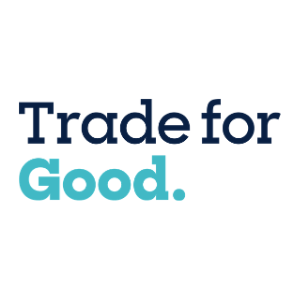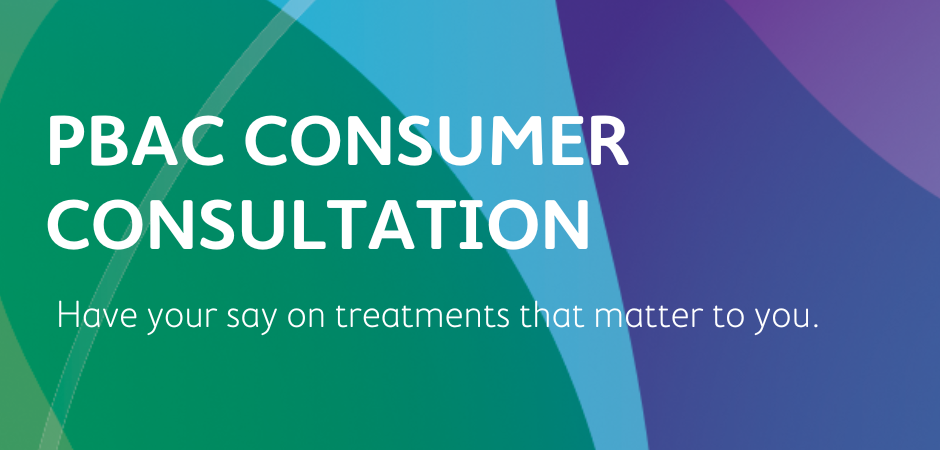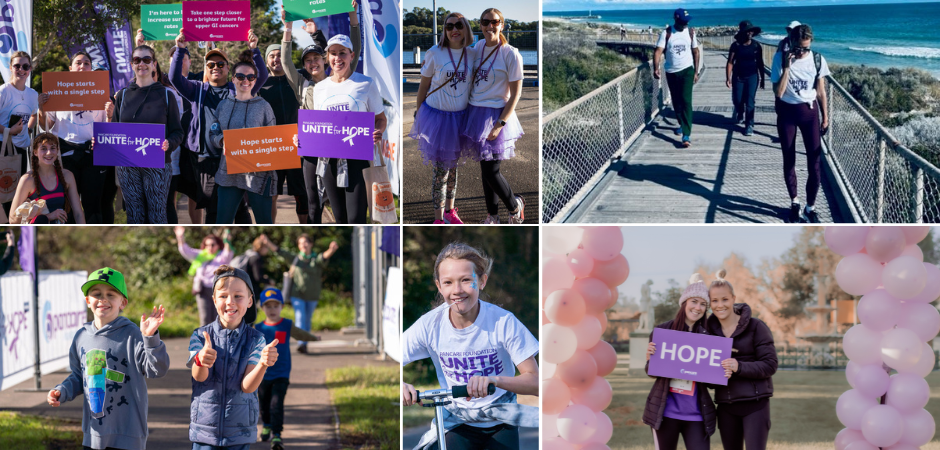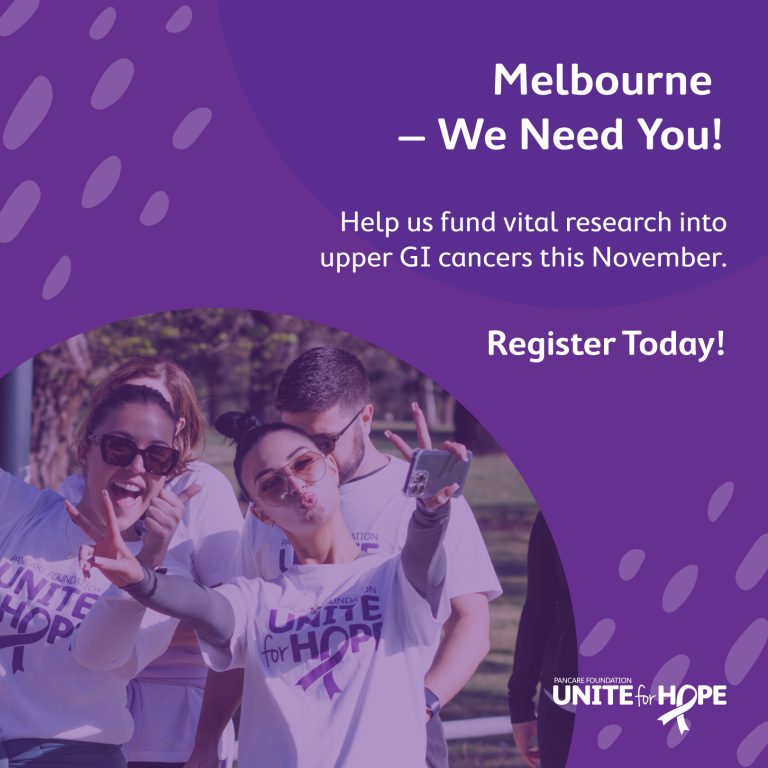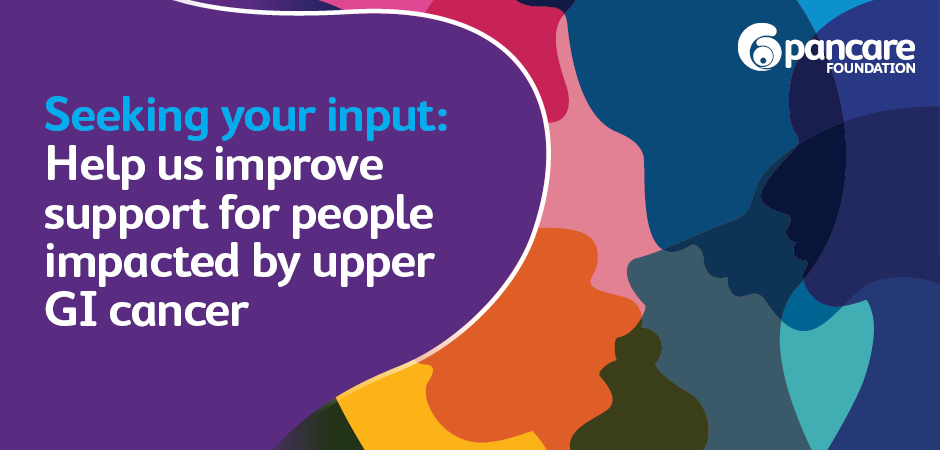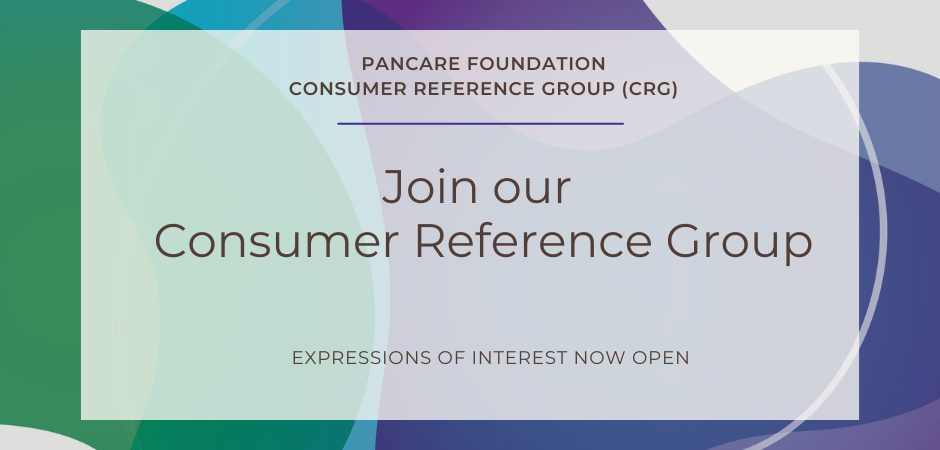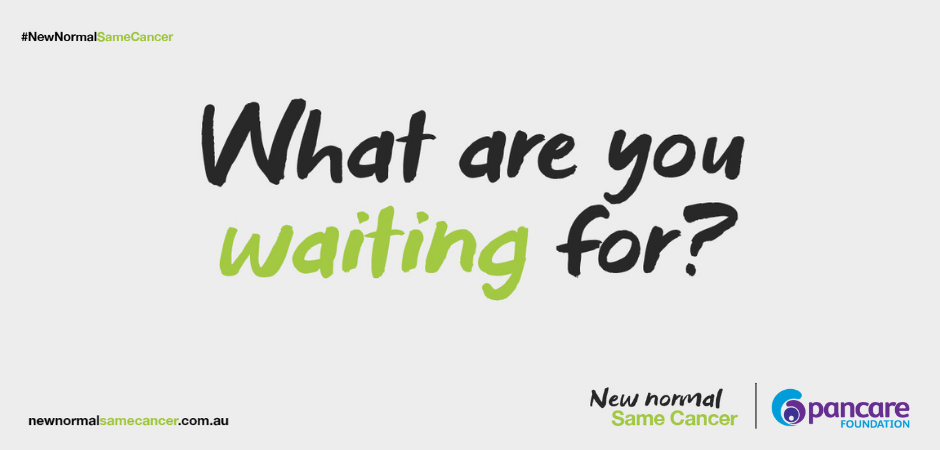
Australia’s Cancer Organisations unite to urgently tackle ‘Symptom Hesitancy’ during pandemic
‘New Normal, Same Cancer: Conversations’ warns people to get unusual and persistent symptoms checked by their doctor now, to increase detection and improve survival chances, following a slump in cancer testing and screening during the COVID-19 pandemic.
Cancer organisations across Australia have today launched a joint campaign to urgently tackle cancer ‘symptom hesitancy’, a COVID-related health crisis that has seen the number of people coming forward for testing, screening and routine follow-up treatment plummet during the pandemic. Launching today, the New Normal Same Cancer: Conversations campaign aims to reduce delays in cancer being diagnosed.
COVID-19 has had multiple impacts on the diagnosis and treatment of cancer. Service providers are reporting a ‘rollercoaster effect’ in people coming forward for testing procedures relating to cancer investigations and treatment in response to the pandemic.3 During the first wave of the COVID-19 pandemic in 2020, there were significantly fewer diagnostic procedures for major cancers compared to the same period in 2019.1 The decline appears to increase when restrictions are imposed and flatten when they are lifted.
Australia’s leading cancer organisations are worried that ongoing lockdowns and changing restrictions are establishing ‘cancer symptom hesitancy’ as the new normal in cancer treatment. They believe this hesitancy to get symptoms checked and attend appointments is one of the biggest challenges facing the entire cancer community.
Featuring hard-hitting real life stories, the new conversations campaign has received official support from the Chief Executive of Cancer Australia, Professor Dorothy Keefe, who has a simple message for anyone experiencing unusual or persistent symptoms: Don’t wait. Contact your doctor. Get checked.
View John’s Story
Professor Keefe adds: “It’s natural to think, if we have a new symptom, that it will probably clear up on its own. We tend to think that these things can wait. But unfortunately, cancer won’t wait. It’s really important to know your body and know the symptoms to look out for. Most symptoms are due to something less serious than cancer but, if it is cancer, the earlier it is found the better.” 4,5
The campaign urges people not to brush off or ignore symptoms such as unexplained weight loss, tiredness, unexplained aches or pains, or an unusual lump or swelling,4,5 as any potential delays in diagnosing and treating cancer may lead to a more advanced stage of the disease at diagnosis and result in poorer patient outcomes.6
Doug Hawkins, CEO of Pancare Foundation, says: “One of the biggest factors that can contribute to improved outcomes for pancreatic and other upper gastrointestinal (GI) cancers, is a diagnosis before the cancer is advanced. But with no early detection tests, Australians need to be vigilant about knowing the warning signs and taking action.
Upper GI cancers, including pancreatic, liver, stomach, biliary and oesophageal cancers, often present with vague symptoms such as abdominal pain, excessive fatigue, loss of appetite, indigestion and changes in stools – symptoms that are often put down to lifestyle factors or other common and less serious medical conditions.
Our message is simple; listen to your body and if you experience symptoms that are unusual for you or persistent, see your GP for review. Don’t ever feel like you are being too demanding if you’re concerned about your health. An early diagnosis can make a big difference in your treatment options and ultimately, your survival.“
Contact your doctor: If you are experiencing any symptoms, are due for a screen or test, or if you feel something is wrong, talk to your doctor.
Reschedule testing: Book an appointment for testing or screening that you may have delayed and or missed due to COVID-19.
Share the message on social media: Tell your loved ones to get checked and encourage others to do the same using the hashtag #NewNormalSameCancer
The cancer organisations who have joined the New Normal Same Cancer campaign are; Cancer Australia, Bowel Cancer Australia, GI Cancer Institute, Leukaemia Foundation, Lymphoma Australia, Lung Foundation Australia, Neuroendocrine Cancer Australia, Ovarian Cancer Australia, Pancare Foundation, Pankind, Pink Hope, Prostate Cancer Australia, Rare Cancers Australia, and So Brave.
To find out more about the campaign and to watch conversations with people about their symptoms and cancer diagnosis, visit www.newnormalsamecancer.com.au
The campaign is supported by AstraZeneca, Australia.
| References1. Cancer Australia 2020. National and jurisdictional data on the impact of COVID-19 on medical services and procedures in Australia: Breast, colorectal, lung, prostate and skin cancers. Cancer Australia, Surry Hills, NSW. Available at: https://www.canceraustralia.gov.au/sites/default/files/publications/national-and-jurisdictional-data-impact-covid-19-medical-services-and-procedures-australia-breast/pdf/national_and_jurisdictional_data_on_the_impact_of_covid-19_on_medical_services_and_procedures_in_australia.pdf. Accessed August 2021.2. Australian Institute of Health and Welfare 2020. Cancer screening and COVID-19 in Australia. Cat. No. CAN 136. Canberra: AIHW. Available at: https://www.aihw.gov.au/reports/cancer-screening/cancer-screening-and-covid-19-in-australia/contents/did-fewer-people-screen-for-cancer-during-the-covid-19-pandemic. Accessed August 2021.3. Cancer Australia 2020. Review of the impact of COVID-19 on medical services and procedures in Australia utilising MBS data: Lung and prostate cancers. Cancer Australia, Surry Hills, NSW. Available at: https://www.canceraustralia.gov.au/sites/default/files/publications/review-impact-covid-19-medical-services-and-procedures-australia-utilising-mbs-data-lung-and/pdf/review_of_the_impact_of_covid-19_on_medical_services_and_procedures_in_australia_utilising_mbs_data_lung_and_prostate_cancers.pdf. Accessed August 2021.4. Health Direct. Cancer. Symptoms. Available at: https://www.healthdirect.gov.au/cancer#symptoms. Accessed August 2021.5. Cancer Australia. Cancer Won’t Wait. Available at: https://www.canceraustralia.gov.au/cancer-wont-wait. Accessed August 2021.6. Degeling K, Baxter NN, Emery J, et al. An inverse stage-shift model to estimate the excess mortality and health economic impact of delayed access to cancer services due to the COVID-19 pandemic. Asia Pac J Clin Oncol. 2021;17(4):359-367. doi:10.1111/ajco.13505. |
Read more . . .

